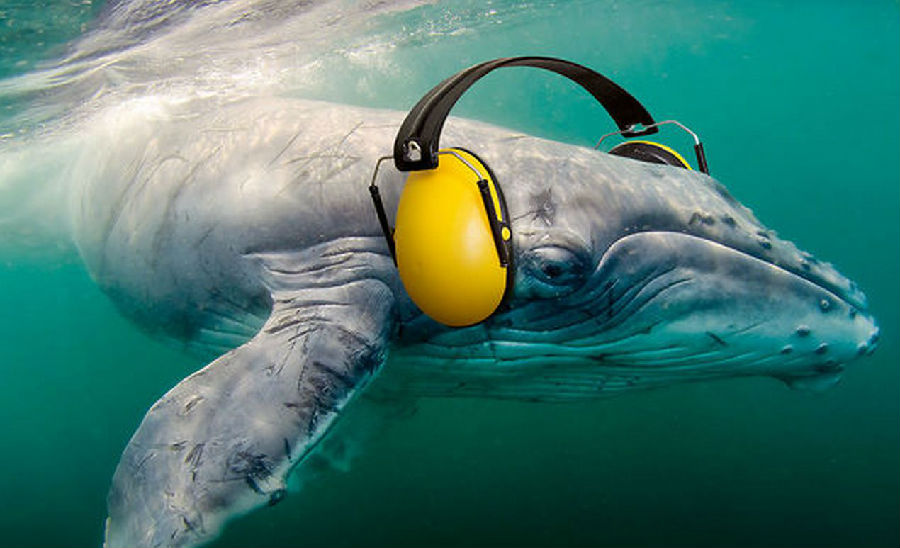Human-made noise pollution in the Earth’s oceans and seas is becoming a serious threat to marine wildlife. Scientists report that there is hardly an underwater place left where marine mammals can live in peace and quiet. Dozens of species of whale, dolphin, turtle and other creatures rely on sound to communicate, find mates and hunt for food. Their increasingly noisy environment is making it more and more difficult to lead a normal life. This is according to a report from the International Fund for Animal Welfare (IFAW), called "Ocean Noise: Turn it Down”. The environmental group says noise from shipping, military sonar, oil and gas surveys, offshore construction and marine sports has reached dangerous levels for sea life.

The IFAW says the distance over which blue whales can communicate is down by 90 per cent. It also reports that in the past decade, many whales have become beached after being disorientated because of loud noise. The group also warns that noise pollution is only going to get worse. It highlighted the use of seismic surveys as one example of the extent of the problem. These generate incredibly loud sounds every ten seconds that can travel 3,000 km. There are 90 survey ships active in the oceans today. In addition, the number of ships sailing the seas will double by 2025. Mark Simmonds, a conservation spokesman, said, "man-made noise is already triggering a kind of acoustic fog,” and called for a “response to noise pollution in the underwater world”.












